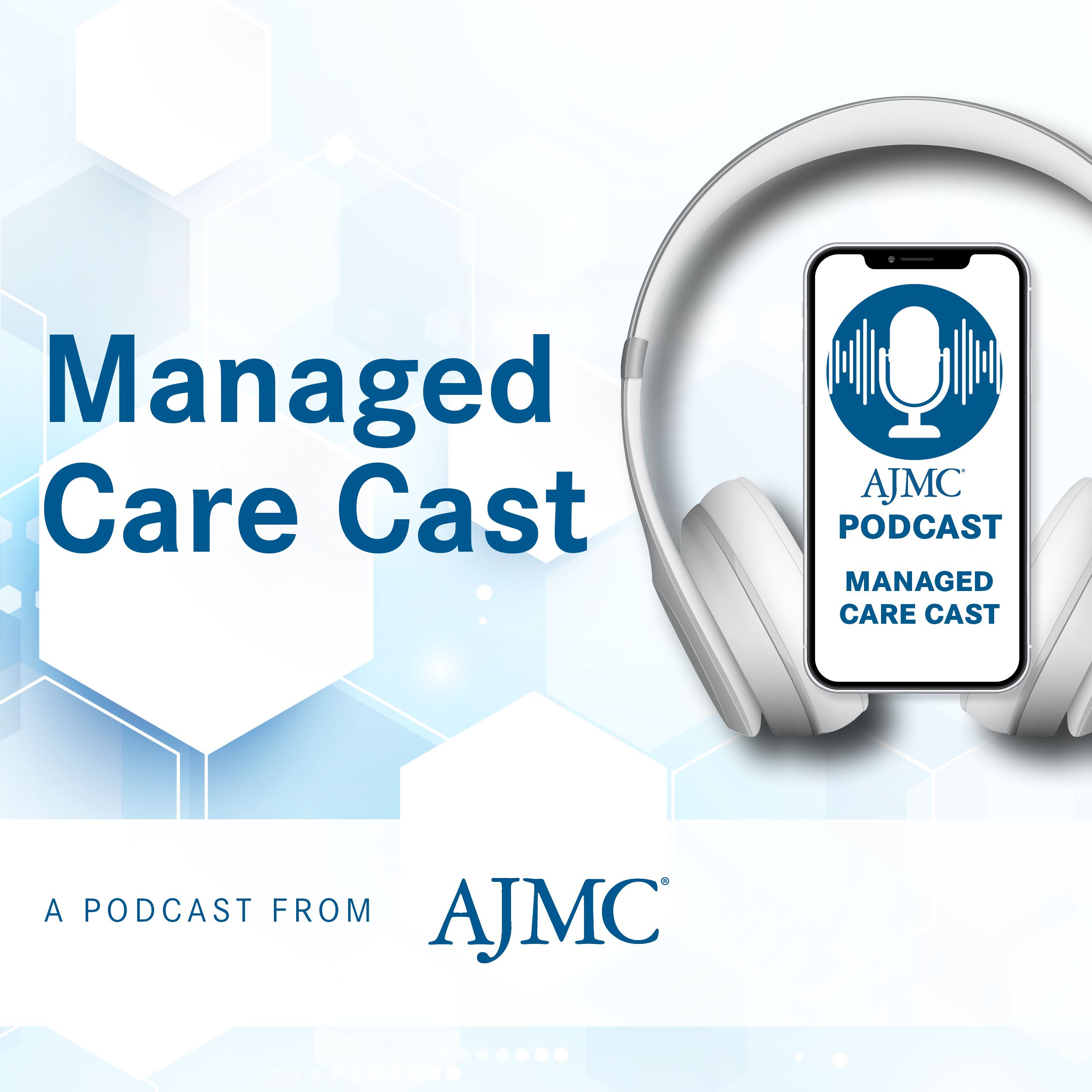News
Article
Independent Voters Favor Biden on Most Health Care Issues, but Not Controlling Costs, KFF Poll Finds
Author(s):
Most older Americans remain unaware of provisions of the Inflation Reduction Act that affect them, although awareness has increased.
Six months out from Election Day, independent voters have more faith that President Joe Biden will protect provisions of the Affordable Care Act (ACA), Medicare, and Medicaid than former President Donald Trump. But this key voting block also believes Trump is more likely to control health care costs, according to results from the most recent KFF poll.
The poll, conducted between April 23 and May 1 among 1479 adults, was released today. It was designed to gauge voters’ views of major health policy issues and how they align with the presidential candidates’ positions and actions in their respective terms.
In sharply divided electorate, independent voters’ views matter greatly in the states that will swing the presidential election and that of several key Senate races. The May KFF poll shows the following:
- 49% of independent voters trust Biden with determining the future of the ACA, compared with 23% who trust Trump and 28% who trust neither candidate.
- 47% of independents favor Biden to protect people with preexisting health conditions, a key ACA provision, compared with 23% for Trump and 29% who trust neither.
- 47% of independents say Biden will ensure access to affordable health insurance, vs 22% who favor Trump and 30% who trust neither.
- 44% trust Biden with protecting both Medicare and Medicaid; 23% and 24% trust Trump with these programs, respectively; 32% trust neither on the 2 programs.
- 37% favor Biden to handle the future of Social Security; 29% prefer Trump and 33% trust neither candidate.
- 34% of the independents—more than a third—say neither candidate will manage health care costs, while 39% prefer Biden and 26% favor Trump.
Drew Altman | Image credit: LinkedIn

“It is commonly believed this is not a health care election because there is no national health reform debate,” said KFF President and CEO Drew Altman in a statement. “But in a close election, voter concerns about a variety of health care issues, including abortion, prescription drugs and health care costs, could add up and make a difference in key states.”
Since the last presidential election, the Inflation Reduction Act (IRA) has created several new protections for older Americans, although their full effects will not be felt until next year. The KFF poll found that voters across the political spectrum overwhelmingly favor the IRA’s consumer protections; however, most don’t know what is coming in 2025. Still, the share that do—especially among seniors—has climbed since the last KFF poll. Poll results show:
- 88% of Democratic voters and 89% of Republicans favor capping insulin prices
- 85% of Democrats and 87% of Republicans support the $2000 cap on out-of-pocket drug costs for Medicare beneficiaries
- 75% of voters overall, including 79% of Democrats and 68% of Republicans, support expanding the number of drugs covered in Medicare price negotiations.
Prices for the first round of 10 drugs, most of which treat heart conditions and diabetes, will be announced in September and take effect in January 2026. In his State of the Union address, Biden said he would like to extend the IRA’s price negotiations to up to 500 drugs.
Among voters over 65 years of age, who are among those most likely to get to the polls, this latest KFF poll shows:
- 48% know about the IRA provision that allows CMS to negotiate drug prices, a 12-percentage-point increase from the KFF poll in November.
- 52% of these older voters know about the provision that caps out-of-pocket insulin costs at $35 a month.
- 40% are aware of a provision that will put an annual $2000 limit on out-of-pocket drug costs for Medicare beneficiaries, up from 27% in November.
Abortion stands out as among the most contentious issues in the upcoming election. Most voters favor asking Congress to guarantee a federal right to abortion, as advocated by Biden (62%), with 42% saying this should be left to individual states, which Trump supports. Democrats overwhelmingly favor the federal guarantee (89%); Republicans support giving states the final say, but by a smaller share (60%). The poll found 62% of independent voters favor the federal guarantee. The March KFF poll found voters supporting the federal guarantees overwhelmingly skew younger and lean Democratic.
Less discussed in the election cycle thus far is the future of the ACA; although the law continues to inspire partisan rhetoric, its underlying provisions enjoy broad support. The next president must decide on the future of its enhanced premium subsidies, which expire in 2025. The KFF poll found 72% support continuing financial assistance for those buying ACA marketplace coverage, including 90% of Democrats, 73% of independents, and 57% of Republicans.
Reference
Sparks G, Montero A, Presiado M, Kirzinger A, Hamel A. KFF Health Tracking Poll May 2024: voters’ views of health policy issues in the context of presidential campaigns. May 15, 2024. Accessed May 15, 2024. https://bit.ly/3K0to5R





